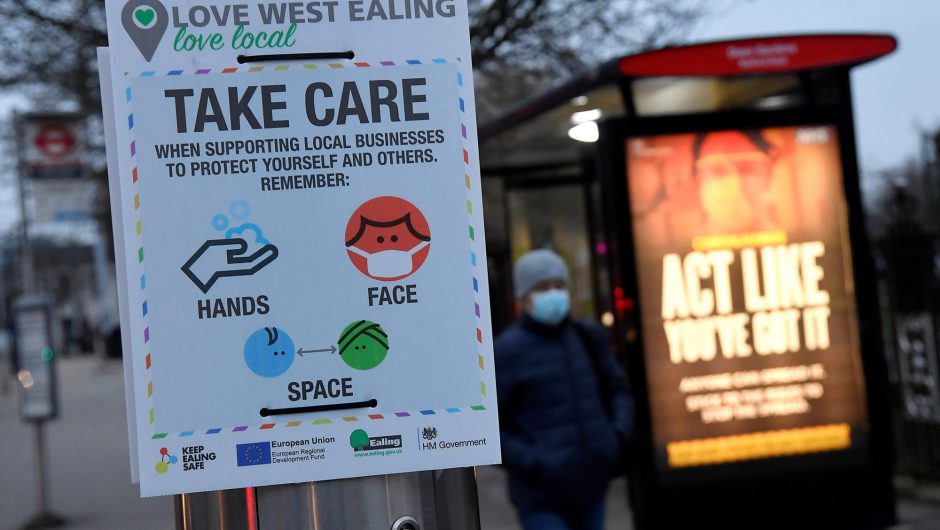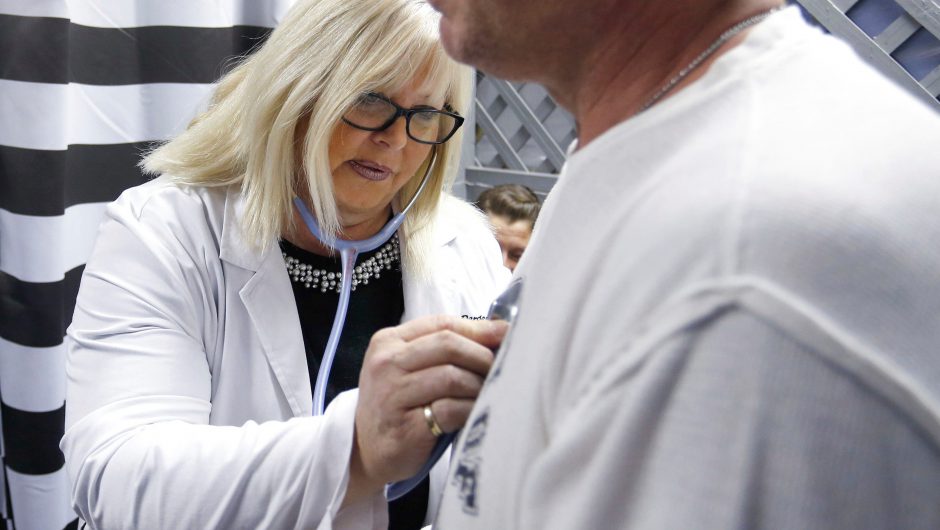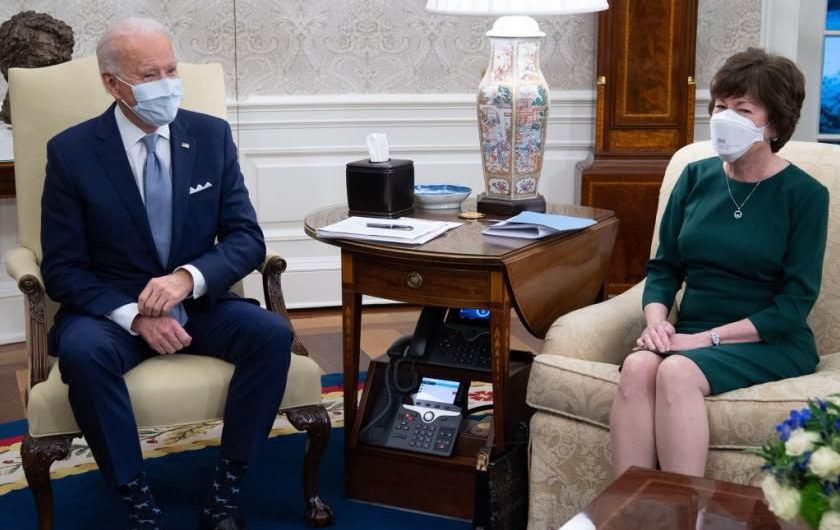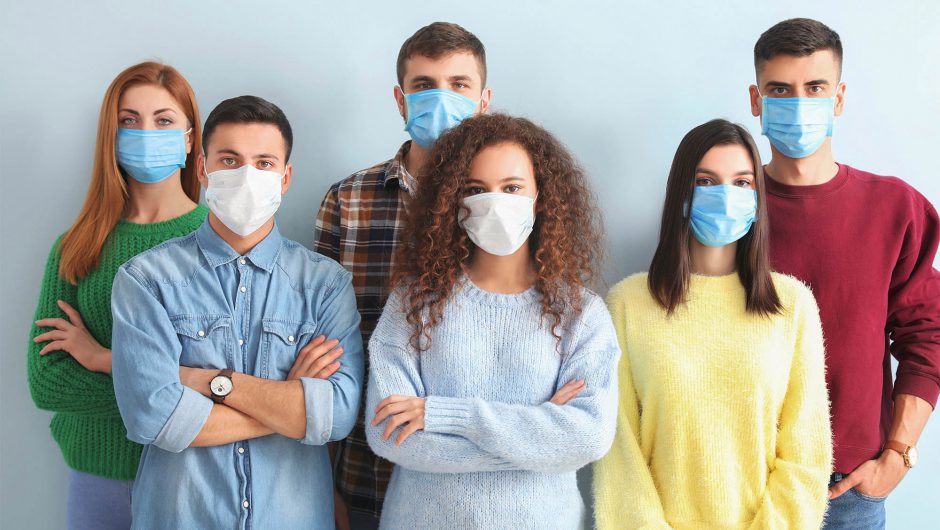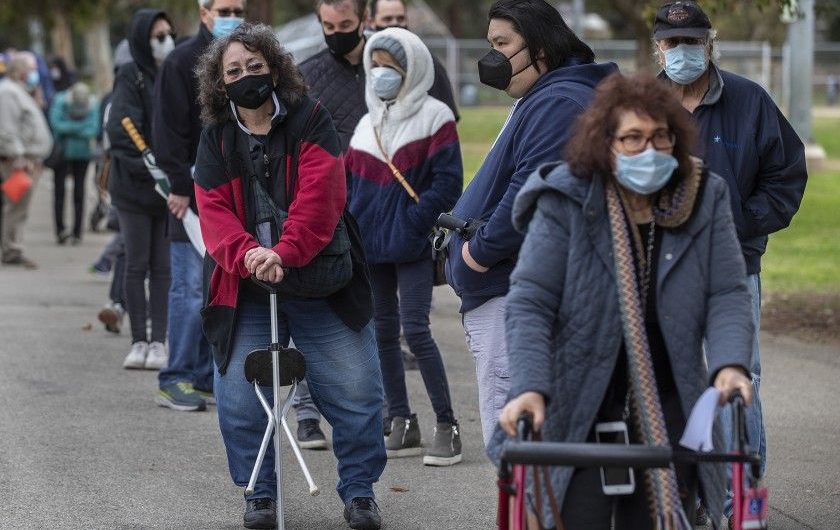[ad_1]
The coronavirus pandemic could be ruff on pugs!
After Winston, a 2-year-old pug in Chapel Hill, North Carolina became the first US dog to test positive for the virus, animal experts told The Post that he may have been more susceptible to the illness than some other dogs due to his breed.
Pugs are predisposed to having weak lungs due to their short and squished-looking noses, according to Annie Harvilicz, a veterinarian and chief medical officer for Animal Wellness Centers hospitals.
“Pugs have brachycephalic syndrome. This gives them the appearance of a shortened snout but causes them to have upper respiratory issues,” Harvilicz said. “It’s possible that being a pug made him more susceptible to the virus.”
Humans with respiratory problems are among those hit hardest by COVID-19, and it stands to reason that the same applies to canines, she said.
Other so-called “brachycephalic breeds” — which often have flat faces and short necks — may be vulnerable, too, she said. They include bulldogs, Chow-Chows and Shih Tzus.
Winston, who suffered mild symptoms after his owners contracted the virus, may also have been more at risk because he’s a prolific face-licker, Harvilicz noted.
“This pug lived in house with a dog that didn’t contract the virus. It could be that Winston had a higher viral load because he was always licking faces,” she said.
When it comes to other more-studied viruses, the number of particles, or “viral load,” ingested is linked to how sick someone gets, she said.
“Pets that are testing positive are probably getting large viral load because the [coronavirus] is not replicating as well in canines,” she said. “I think we are experiencing freak occurrences of animals testing positive.”
The risk of animal-to-human transmission is low, according to The Centers for Disease Control and Prevention.
But earlier this week, the CDC extended coronavirus social-distancing guidelines to pets, recommending that pooches stay away from other canines and avoid dog parks.
“The virus can stay on a dog’s fur… I’d be looking for anything that might be on the ground, possibly spit or moisture, during walks,” said Marty Irby, executive director at Animal Wellness Action. “Wipe your dog’s paws and give him a regular bath.”
There have been a few reported cases of dogs contracting COVID-19 outside of the US, including a 17-year-old Pomeranian that died.
Some cats have also contracted the bug — both domestic kitties and a number of lions and tigers at the Bronx Zoo.
[ad_2]
Source link



